|
Advertisement
|
Utopia

DescriptionThe king of Utopia has invited princes of the greatest civilizations of antiquity to come and live within the walls of his city, welcoming in doing so, the architectural wealth of their far-away cities. As the King’s Minister, your Sovereign has given you the mission to welcome and accompany these princes and princesses who will present themselves at the gates of the city. Every development added to the city made by your guests increases your prestige. Components: Basic Game play: Turn order (after the first player) is derived from who has the highest score on the perimtere score track yet has not had a turn. Each game turn is broken down into three phases: Phase 1: Welcoming the Princes In the first phase, Guest tokens are placed on the board near ship icons but corresponding to the symbol on each token. These guest tokens are then replaced with Prince tokens that is their own color, or of the same civilization as the chosen Guest or in any District of the island indicated by the Guest or any combination of these. This is repeated three times until all Guest tokens have been removed from the board. While this is happening, players may Build a Wonder or Take Control of a District. At any point during their turn, if a player has one prince of each of the 5 civilizations on one island (regardless of which Districts they are in), he may immediately construct a Wonder and receives 6 Prestige Points. There may only be one Wonder per island and a player does not have to construct Wonders. At any point during their turn, if a player possesses 3 princes of the same civilization in the same District, and that District is not already controlled by another player, he may decide to take control of the District by placing a Monument on that District. There can only be one Monument per District, and this space, once acquired, cannot be retaken. For taking control of a District the player gains Prestige Points during Phase 3: Calculation of Prestige Points. Also, if the District belongs to an island where a Wonder has been constructed, the owner of the Wonder immediately scores the number of Prestige Points indicated on the District. Phase 2: Development of the City Each player receives 5 Action cards and discards based on their score in the score track. The person in the lead discards two cards, the last player doesn't discard any and all other players discard one. Four types of actions are possible and occur multiple times in a player's turn: 1) Move one or two princes: If a player decides to move two princes with a single action card, these two princes must be within the same District and make the same movement. LAND MOVEMENT: By discarding an action card, a player may move one or two princes of that civilization to an adjacent District (Districts are separated by alleys or bridges). SEA MOVEMENT: By discarding an action card, a player may move one or two princes of that civilization from one maritime District (showing a ship) to another maritime District. These two Districts must be in the same maritime sector or in two adjacent maritime sectors. (The division of the maritime sectors is indicated by the dotted lines originating from the 3 lighthouses of the city). 2) Add a prince: By discarding an Action Card, a player may place a prince in a District occupied by a Monument of that civilization. 3) Remove a Prince: If the player possesses a prince in a District occupied by a Monument of that civilization, regardless of the player who controls the District, that player may, with an Action Card of that civilization, remove the Prince from the board. For this action the player immediately gains 2 Prestige Points. Th e player’s Minister figure is moved up two places on the Score Track. or 4) Influence the King (altering the Prestige Scale): If the player possesses a prince in a District occupied by a Monument of that civilization, regardless of the player who controls the District, that player may, with an Action Card of that civilization, remove the Prince from the board. For this action the player immediately gains 2 Prestige Points. The player’s Minister figure is moved up two places on the Score Track. The value of each civilization, indicated on the Prestige Scale, determines the point value of the districts controlled by each player at the end of the turn. By discarding an Action Card, a player may increase the value of a civilization by 1. The Value figure of the civilization changes places with the figure directly above it. With two Action cards, a player may reduce the value of a civilization to 1. All the other figures are moved up accordingly. At the end of their turn a player can only have a maximum of 5 Action Cards. Phase 3: Calculation of Prestige Points Once all the players have carried out their actions, the points for the round are calculated. Each player, in turn order, gains points for each District that they control. The value of each civilization is indicated on the Prestige Scale. The players’ Minister figures are moved up the Score Track. If one or more players have reached at least 50 Prestige Points at the end of this phase, the game ends. The player with the most points wins. Game DiscussionsAdd CommentYou need to be logged in to comment. Insert Bullet List Please enter at least one item. Item: Item: Item: Item: Item: Insert Numeric List Please enter at least one item. Item: Item: Item: Item: Item: Insert Link Please enter the link of the website Optionally you can add display text Insert Email Please enter the email address Optionally add any display text Insert Image Please enter the link of the image Insert YouTube Video Please enter the link of the video MarketplaceNo listings at the moment. Do you own this game? Click here to list it for sale.
|
Best Sellers
Board Games
|
||||
Latest Searches: table topic | shake it up | Wizards wanted | Lawton opoly | Fedomoply | the big bang theory monopoly | Mario power | darkies on the melon patch | western town | blue | civil war s | Power rangers lord drakkon | Our face | battle for normandy | Brick township opoly | boom or bust | toys | luna | harry potter monoply board game | International Oilman | Carrolltonopoly | Full house | grease | placing the past | America Says game | incan | heartland strategy | Chico ca monopoly | game using ski resorts on them | scooby doo clue game
All Rights Reserved

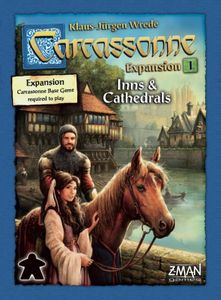
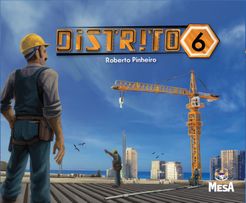
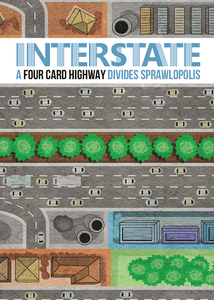

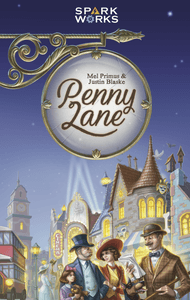

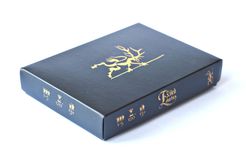
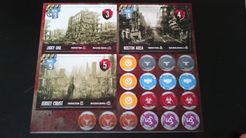
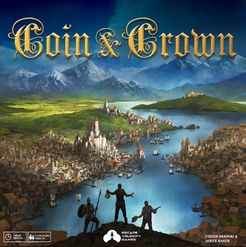
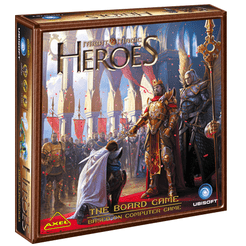
Comments (0)